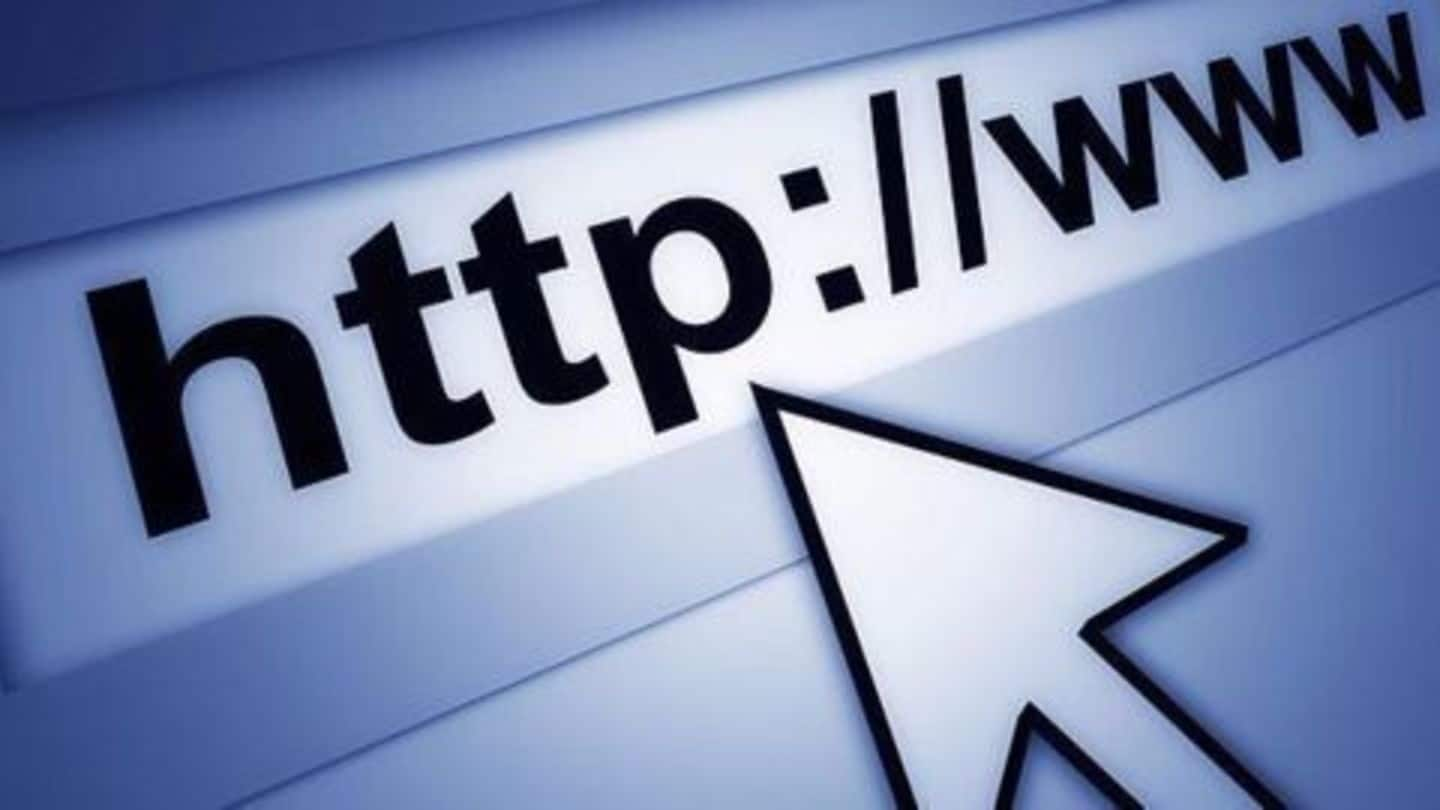
High speed internet access for every Indian?
What's the story
The question of whether all Indians should have access to dependable high speed internet is one we must think about. Although it might come off as an elitist point of view considering the fact that many in India are not getting their daily bread and several rights are being violated, the issue of internet connectivity is crucial today and in the days to come.
Internet and development
How the internet can foster development
The internet has been instrumental in driving forward economic growth not only by making information easily available, but also through the creation of e-commerce platforms. Information flow on the internet also allows for a more democratic and participatory political structure insofar as opinions can be published and disseminated with ease. Furthermore, the internet, if applied properly, can be a powerful tool for education.
Data
Internet users in developed countries
Most countries with very high human development have an internet penetration (percentage of population with access to internet) of above 85%. Norway, the country which ranks highest according to the Human Development Index (HDI) has an internet penetration of 98%.
India and the internet
Where does India stand with respect to connectivity?
While India still has a long way to go as far as internet connectivity is concerned, figures have risen substantially over the last 5 years. In 2011, only 10.1% of Indians had internet access. That percentage, however, saw a phenomenal increase in 4 years, rising to 27% by 2015. As of July 2016, 34.8% of the Indian population have access to the internet.
Data
Comparison of connection speeds between India and world leaders
South Korea has the highest average internet speed in the world, a massive 26.7 Mbps. In comparison to South Korea, the global internet speed average is 5.6 Mbps, while India's average internet speed stands at 2.5 Mbps.
02 Jul 2016
UN says 'Internet Access' a basic human right
United Nations Human Rights Council adopted a resolution making 'internet access, a basic human right'. Titled "the promotion, protection and enjoyment of human rights on the Internet", it stated the importance of internet as an information tool and condemned countries that 'intentionally' take away or disrupt its citizens' access to internet. The resolution, though is non-binding, serves as guideline for countries.
Internet as civil right rather than human
Argument against Internet as a human right
While it is a broad general opinion that internet should be a fundamental right, not everyone agrees. For instance, Vincent Cerf, one of the fathers of internet, argues that, "Technology is an enabler of rights, not a right itself." Cerf though makes a case for 'internet as a civil right' conferred on us by governments and not intrinsic to us as humans.
Information
Burden on governments?
Another argument against considering internet as a fundamental right is that it puts the entire burden of costs of delivering internet access to millions of people, on the society and governments.